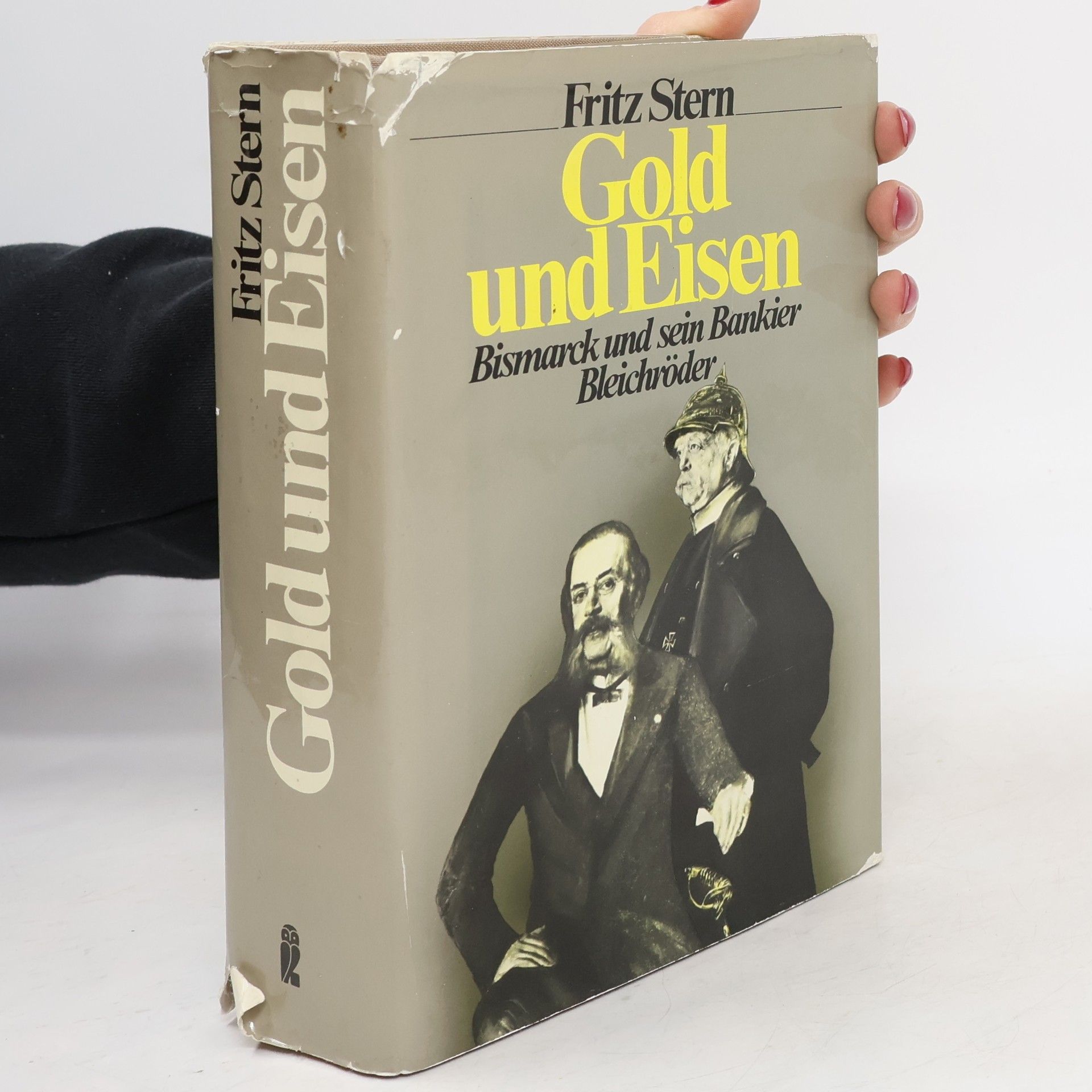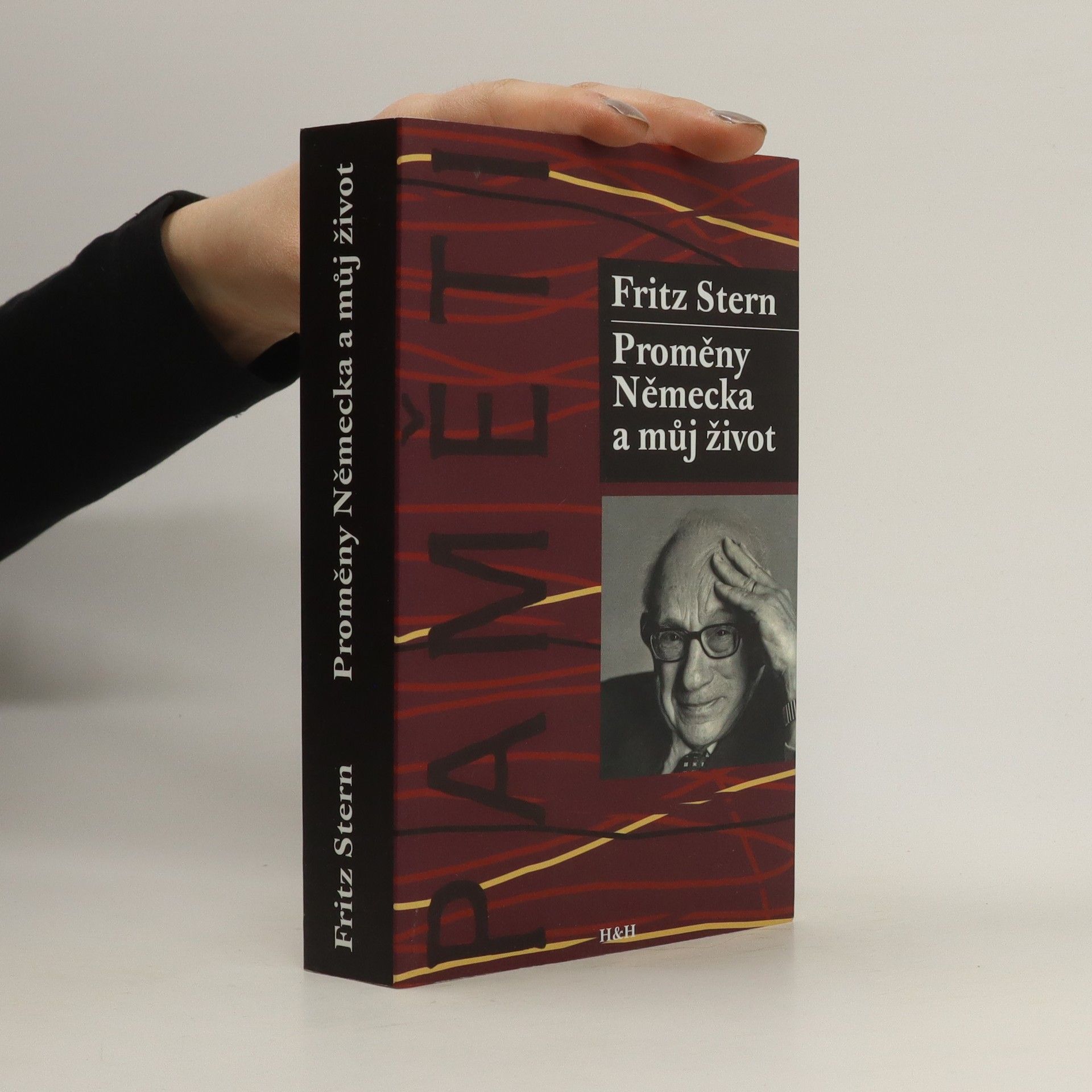Moderne Historiker
Klassische Texte von Voltaire bis zur Gegenwart
Eines der erfolgreichsten Bücher von Fritz Stern ist – eine Anthologie. Zwei Ziele hatte der noch junge Historiker vor Augen, als er vor mehr als einem halben Jahrhundert die erste von vielen Auflagen herausbrachte: Er wollte die Betrachtungen ganz unterschiedlicher Historiker über die großen Fragen der Geschichte vorstellen und zugleich den Leser mit den wichtigsten Tendenzen der Geschichtsschreibung seit der Mitte des 18. Jahrhunderts vertraut machen. Das Ergebnis war ein Geniestreich, ein Füllhorn historischer Reflexionen, das nicht nur die Kunst und Vielfalt der Geschichtsschreibung ausbreitet, sondern auch ihre Irrwege nicht verschweigt. Meisterhistoriker wie Voltaire, Macaulay oder Theodor Mommsen sind hier deshalb ebenso kennenzulernen wie das Geschichtsbild der Diktaturen des 20. Jahrhunderts. Gemeinsam mit Jürgen Osterhammel hat Fritz Stern diesen Klassiker unter den historischen Anthologien nun grundlegend überarbeitet und dabei so aktualisiert, dass die Entwicklungen der letzten Jahrzehnte bis hin zur Geschichte der Globalisierung und der Überwindung des Eurozentrismus ihren Platz gefunden haben.









